Well, the time has finally come to announce this: I’ve signed a three-book contract with Scarsdale Press for the Tales from Purgatory series. Yay! The publication dates aren’t set yet, but if everything goes as planned, the first book should come out sometime in the autumn of 2020, with the next two to come out shortly after, in succession.
If you’ve been following me a while, you know that this is a 7-book series; you also might know that the series takes a very untraditional turn in Book 4, and then becomes more of a spinoff of the first three books in installments 5-7. I felt it was more appropriate to start with the first three with an option for the rest. Fear not, however; Persephone Cavanaugh will see the light of day, though the manner of it may surprise even some of those who have read all the books.
[CN: abuse]
This series has been a long time coming. It has, as they say, been a rollercoaster. Tales from Purgatory was the very first series I wrote; the very first books I wrote. The idea for it had grown in my mind over a decade, spawned by a psychotic experience I’d had on my 27th birthday. I somehow processed my visions of being dead and transported into the dimension of Purgatory, where spirits gave me messages in code designed to lead me astray or toward the light if I could decipher them correctly, into a YA urban fantasy about a runaway who holes up with a cult of rogue scientists who think lucid dreaming can allow passage to the afterlife and beyond.
After a couple of false starts, I finally started writing this series in the late summer of 2013. It was a strange period of my life. I had just moved to California with my husband and daughter. After years of supporting him emotionally through his postdocs, my husband had finally gotten a tenure-track position…in the one school I’d told him not to apply at—one that would require us to move to one of the most expensive areas of the country.
We ended up living in a hotel room for months, trying to close on a house. I was homeschooling my daughter, and feeling completely uprooted from my family, friends, bands, job…everything I’d ever known. So, I started to write.
I couldn’t stop writing. Part of it was the story, maybe, and part of it was the fact that the weather on the California coast went from summer to spring with no downtime in between, no cold, dark teatime of the soul as it were. I went manic and hyperfocused, writing 12-18 hours a day, having to dose myself with whiskey and antihistamines to even catch a few hours of sleep so I could function well enough to write the next day. Writing was pretty much all I cared about. I could taste the story, and couldn’t calm down unless I was sitting in front of my much-abused laptop in some quiet place or other.
It was difficult, sometimes, to find those quiet places. My husband didn’t like me writing so much. He thought I was wasting my time, and advised me to get a minimum wage job working in the grape fields…anything, he reasoned, would be better than writing. Better than the one thing I’d ever felt destined to do.
So, Juniper and I went on road trips. We went to stay with my parents for a while. Finally, we were able to move into a little house in a tiny town called Shandon, California. It’s there that my life changed forever, and took a definite turn for the weird, as most of you know.
It took me almost exactly a year to draft all seven books in the series. That year was a crash course in how to write. I joined five different writing groups, much the way I’d joined five different bands back in Seattle. I joined online pitching contests and took courses in how to write queries.
I started pitching Book One of Tales from Purgatory way too early—when it had only been drafted for a few months. Working on writing as many hours as I was, I’d still gotten feedback from critiquers and beta readers and managed to edit it several times (while working on the sequels), but I still didn’t really know how to write. I hadn’t found my style or my footing yet.
I’m glad I pitched it early, though. It gave me the experience I needed in order to get my first book deal with Love or Money (which was the thirteenth book I wrote), with The Other Place series (books 8-12 in my list) following soon after.
This publishing deal came during a very tumultuous time, when I really needed something good to hold on to. My husband, once we were settled in California and he was doing well in his job, decided he didn’t need me anymore and, as he said, was only keeping me around so he could see my daughter (who isn’t his biological daughter, but he’d been her stepdad since she was two). I was very much adrift, and a book deal was a life raft: a sign that I could make it on my own, that I had value as an individual and not just as the supportive wife of a successful biophysicist.
I finally left him and moved back to my hometown in eastern Washington State in the spring of 2016. That’s when the real work began, both career-wise, and emotionally.
During that first, windy April, I renovated a one-room cabin on my family’s farm. I dug into the cold earth and planted a huge vegetable garden, sprayed and pruned acres of peach trees, and tried to come to terms with myself. I’ve been living in that cabin since then, trying to build up my writing and editing business and grow the farm’s income.
This is the first time I’ve ever been on my own. Building my identity as an individual and learning how to take care of myself has been a real struggle. I’ve wanted to give up so many times: on my dreams and on myself.
The thing about trying to make it as an author and freelancer is, there’s no stability, no guarantees. I’m lucky that I have a place to live and food to eat; my daughter and I will never go homeless and hungry here. But I can’t shake the feeling that I have something to prove. No matter how hard it gets, I can’t bring myself to fall back on my family’s support. I’ve had too many abusive partners who have assured me they’d take care of me if I gave up or deferred my own dreams in order to support theirs, only to crap out on that promise or discard me as soon as they’d achieved their goals.
For the first time in my life, I need to stand on my own two feet. And I’d really like to do it on my own terms, doing something I love.
Month after month of barely scraping by really wears on a person’s nerves, though. I’ve applied for regular jobs dozens of times, but nothing has panned out, as if the universe itself wants me to be poor. My self-doubt started to crush me, and my pace of writing slowed, my focus shattered. I couldn’t finish a novel. I’d get halfway in and lose interest to the point it was painful to open the manuscript. I’d start on something else, only to have the same thing happen.
I quit querying, and quit marketing my books. It all seemed like too much, the tasks and to-dos nagging at my conscience, failure sitting on my chest like a boulder. I always knew that making it in the arts can be a slog, that it’s a job, and that you have to keep working at it. I never expected that I would get a few books published and they’d take off on their own without me putting any more work into it. But I’d lost my nerve.
I never stopped loving to write though, and I never gave up on Tales from Purgatory. I wanted so much to recapture the feeling I’d had while working on that series: the complete immersion in the story, the exhilaration of creating a new world. I’d still open the document every so often and make more revisions, and I found a very good new beta reader who gave me some excellent suggestions.
Then, last March, I decided to pitch Tales from Purgatory in PitMad (the same contest which had netted me my first publishing deal). I got a request, sent off a partial to Scarsdale Press, and promptly forgot about it.
I didn’t send out any more queries. I was in a complete funk and immersed myself in the farm and in anything else I could find that might make me a few dollars, working on my manuscripts in fits and starts without much enthusiasm.
Then, a couple weeks ago, I got a request for the full manuscript from Scarsdale. They apologized; apparently my pitch had been misplaced.
A few days later, I had an offer.
I’m really happy this story is going to be out in the world. It’s my favorite one I’ve written so far. Even with all the editing, I think I’ve preserved the initial spark that drove me to write it. The pure joy of discovering what it means to be master of your own written universe, the euphoria of feeling that magic inside yourself.
The editor who took it on has more excellent ideas for revisions. Her initial letter of offer showed her dedication to the story, and made me feel like I had, finally, found someone in the business who saw my vision and appreciated it for what it is. I’m excited to see the finished product.
I wrote these books before I had come to terms with my neurodivergence. Before I knew Phoenix. Before the crash that turned my life on its heels. But it still has a schizophrenic character and deals with processing of abuse. It holds the seeds of my self-discovery, before they became entangled with identity and politics.
I hope that you all will buy it and love it as much as I do.
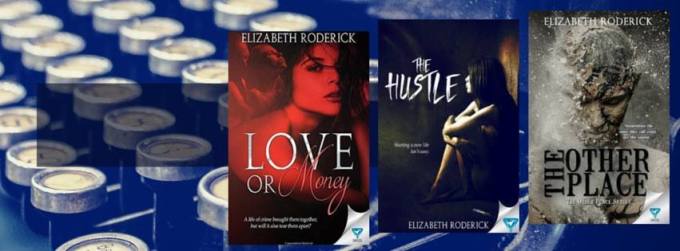
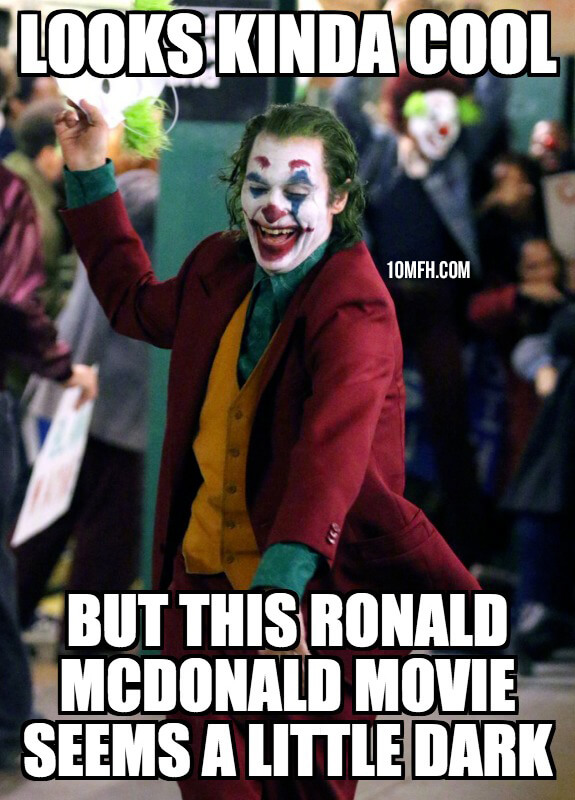
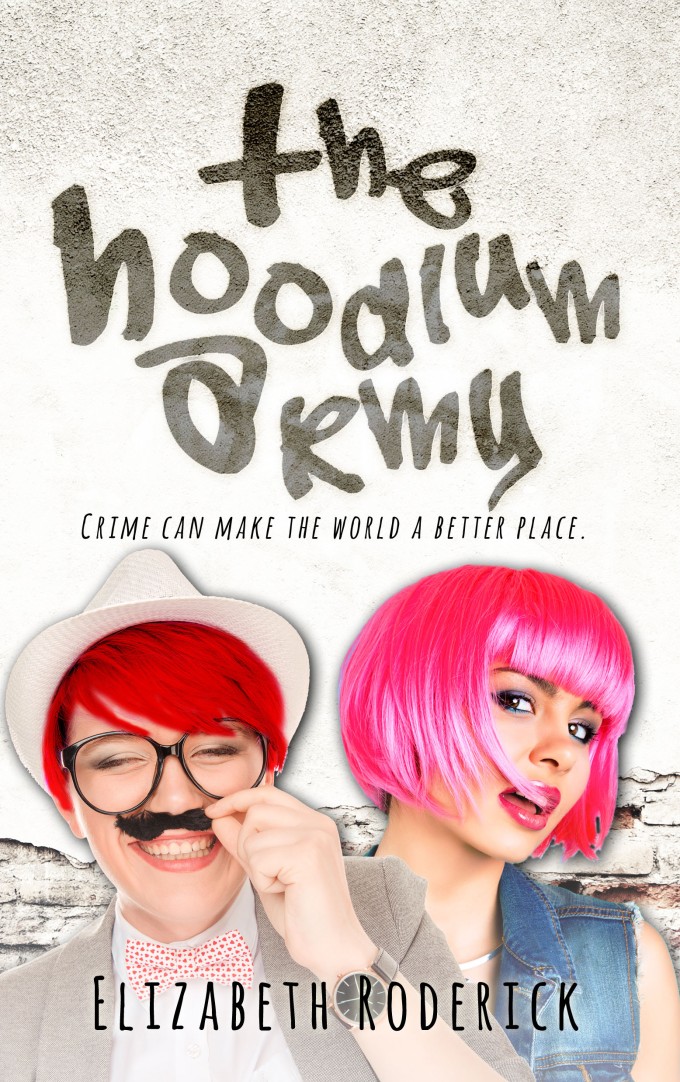
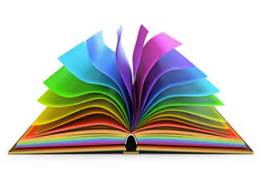 (revisiting this post from 2015)
(revisiting this post from 2015)




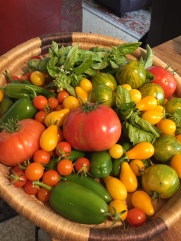
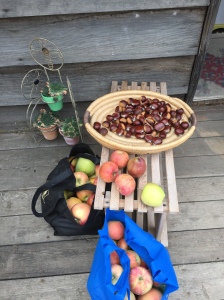
 This year is off to a great start. I’ve been working on expanding the farm business. We opened a little nursery (selling vegetable, herb, and flower starts we grew in our greenhouses). We were able to make costs (pay for the seeds and soil) plus a few hundred dollars on top of that, and we still had ample plants left over to fill our own gardens. I call that a success.
This year is off to a great start. I’ve been working on expanding the farm business. We opened a little nursery (selling vegetable, herb, and flower starts we grew in our greenhouses). We were able to make costs (pay for the seeds and soil) plus a few hundred dollars on top of that, and we still had ample plants left over to fill our own gardens. I call that a success.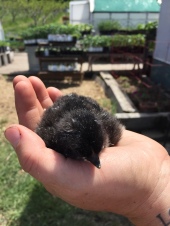
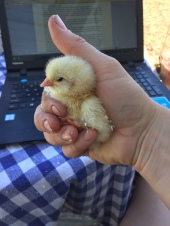


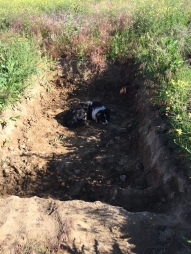
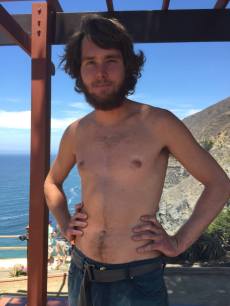
 marketing and executive salaries: you’re making a contribution toward someone’s independent, sustainable living and/or affirmation as an important member of society. In my case, you’re not only affirming my worth, you’re keeping me off the streets or out of an institution, making sure Kid has a stable and happy mom (and new socks when she needs them, which is too often), PLUS you get great books. This is such a win/win/win, y’all!
marketing and executive salaries: you’re making a contribution toward someone’s independent, sustainable living and/or affirmation as an important member of society. In my case, you’re not only affirming my worth, you’re keeping me off the streets or out of an institution, making sure Kid has a stable and happy mom (and new socks when she needs them, which is too often), PLUS you get great books. This is such a win/win/win, y’all!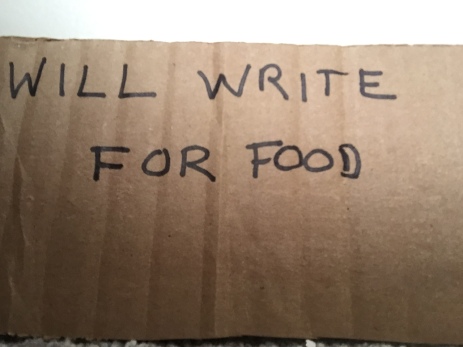 As a professional writer, it always pays to keep an eye on the industry. No one wants to write a book that they then have to shelve simply because it’s a played-out trend. But, as others have said over and over again, you should never try to write “on trend”. I personally believe that means you should not fail to write “off trend”, either: you shouldn’t decide not to write a book that you really want to, just because you’re afraid it won’t sell.
As a professional writer, it always pays to keep an eye on the industry. No one wants to write a book that they then have to shelve simply because it’s a played-out trend. But, as others have said over and over again, you should never try to write “on trend”. I personally believe that means you should not fail to write “off trend”, either: you shouldn’t decide not to write a book that you really want to, just because you’re afraid it won’t sell.